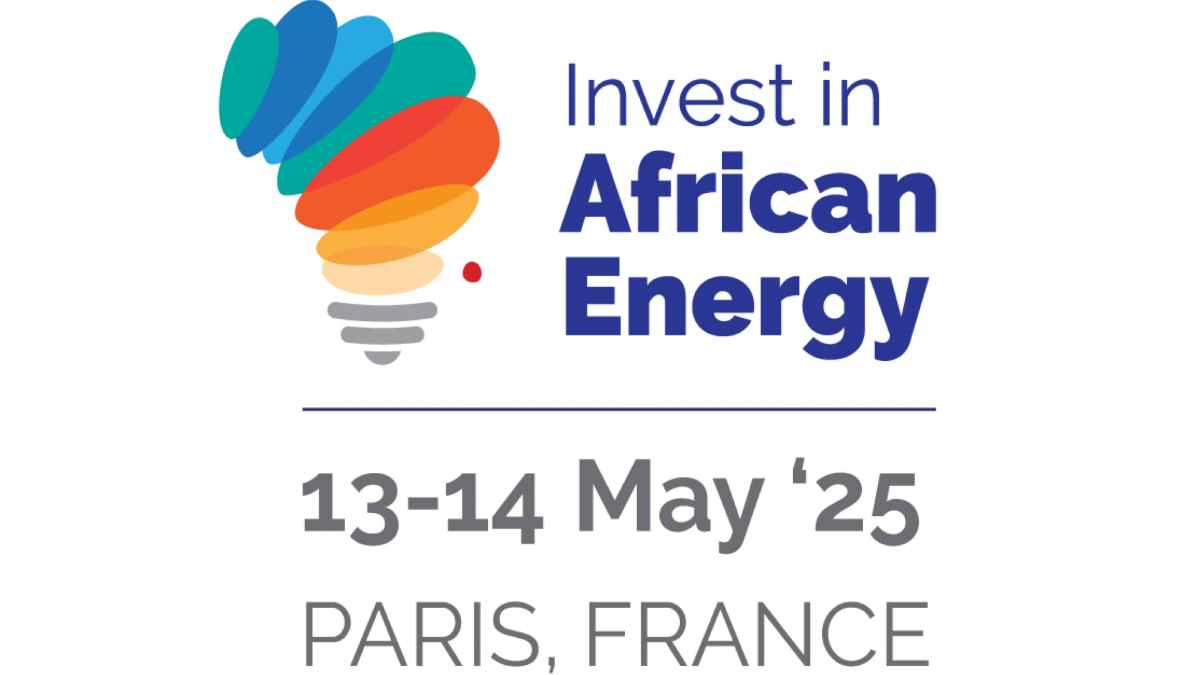Africa’s energy sector is seeing growing interest from Islamic financial institutions, as demonstrated by the recent $400 million Murabaha financing secured by Africa Finance Corporation (AFC). This transaction not only underscores the growing role of Islamic finance in Africa’s infrastructure development, but also highlights significant opportunities for deeper financial cooperation between Arab and African nations in the energy sector.
The strong demand for AFC’s facility, which attracted 11 Islamic financial institutions – including Abu Dhabi Islamic Bank, Al Rajhi Bank and Emirates Islamic Bank – signals growing appetite among Middle Eastern banks to engage in Africa’s development. The facility, upsized from an initial $300 million due to high investor interest, reinforces AFC’s strategy to diversify its funding base and aligns with broader efforts to expand energy investment partnerships between Arab and African countries.
Islamic finance is emerging as a key source of funding for Africa’s energy sector, particularly for large-scale infrastructure projects. The Murabaha financing structure used in AFC’s deal aligns with Sharia principles, offering an attractive and ethical investment vehicle for Middle Eastern and North African financial institutions seeking exposure to African markets. This move complements AFC’s recent $500 million hybrid bond issuance and the corporation’s ongoing efforts to attract diverse capital sources, including potential Panda bonds in China.
Opportunities for Arab Investment in Africa’s Energy Future
The increasing participation of Islamic banks and financial institutions presents a strategic opportunity for Middle Eastern nations to play a larger role in Africa’s energy transition. Countries such as the UAE, Saudi Arabia and Qatar have well-capitalized financial institutions and sovereign wealth funds that can accelerate Africa’s energy infrastructure expansion, particularly in natural gas, renewables and power generation.
Arab nations already have a growing footprint in Africa’s energy sector. The UAE’s Masdar has been investing in renewable projects across North and sub-Saharan Africa – committing $10 billion to deliver 10 GW of clean energy capacity in Africa by 2030 – while Saudi Arabia’s ACWA Power has been involved in developing solar and desalination projects across the continent. QatarEnergy has been actively advancing hydrocarbon exploration in Africa, expanding its interests in Namibia’s offshore Orange Basin, while ADNOC has strengthened its footprint by acquiring a 10% stake in the Area 4 concession of Mozambique’s Rovuma Basin. However, there remains significant untapped potential for Arab-African cooperation, particularly in financing LNG terminals, gas-to-power projects and oil and gas exploration. Countries like Egypt, Algeria and Libya, which straddle both regions, can serve as financial and logistical bridges between Middle Eastern investors and African energy markets.
The Role of Energy-Focused Islamic Finance
The AFC’s Murabaha financing comes at a time when global Islamic finance is experiencing sustained growth, with assets expected to see high single-digit expansion through 2025, according to S&P Global Ratings. This growth is supported by strong balance sheets, high profitability and increasing regulatory backing. The surge in Islamic finance presents a timely opportunity for African energy projects, which require significant capital investment to meet the continent’s growing energy demand.
One of the major advantages of Islamic finance is its alignment with sustainable investment principles, making it particularly attractive for funding Africa’s energy transition. In addition to AFC’s investment in renewable energy ventures such as Xlinks’ renewable energy initiative and the expansion of Lekela Power’s 3 GW capacity target, Islamic financial institutions could extend their involvement to Africa’s gas sector, which is viewed as a transitional fuel to bridge the energy gap.
Strengthening Arab-African Partnerships at IAE 2025
The increasing role of Middle Eastern finance in Africa’s energy sector will be a critical focus at the upcoming Invest in African Energy (IAE) Forum in Paris this May. Serving as the premier African energy project showcase outside of the continent, IAE 2025 provides a space for African governments, investors and key financial players from the Middle East to explore new partnerships and drive investment in gas, LNG and broader energy infrastructure projects. By tapping into Islamic finance, African countries can secure critical capital to accelerate its energy development. At the same time, Arab nations stand to benefit from deeper economic integration with Africa, gaining access to new markets and resources. The AFC’s successful Murabaha financing serves as a strong indicator that the time is ripe for greater energy sector collaboration between Africa and the Middle East.
IAE 2025 (http://apo-opa.co/4hC0kAA) is an exclusive forum designed to facilitate investment between African energy markets and global investors. Taking place May 13-14, 2025 in Paris, the event offers delegates two days of intensive engagement with industry experts, project developers, investors and policymakers. For more information, please visit www.Invest-Africa-Energy.com. To sponsor or participate as a delegate, please contact sales@energycapitalpower.com.
